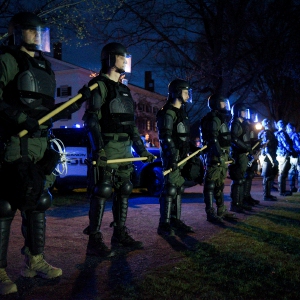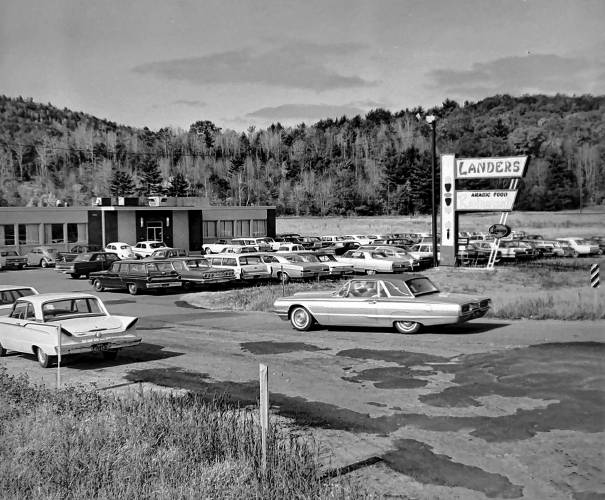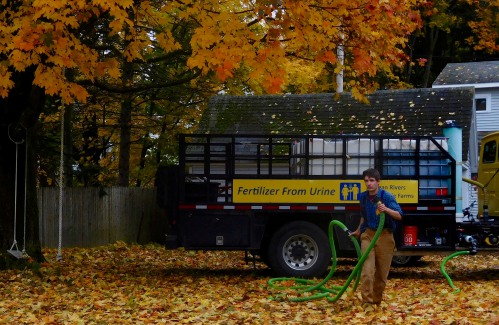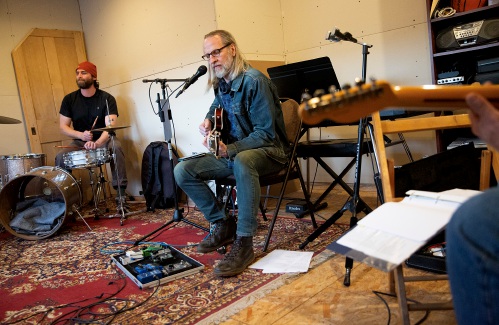
Out & About: Hartford monument unveiling scheduled for Memorial Day
WHITE RIVER JUNCTION — This Memorial Day a new monument honoring the Hartford’s veterans will be unveiled, decades after the town’s World War I and II monuments disappeared from public view.A ceremony will take place at 1 p.m. Monday, May 27, at...

A Life: Elaine Chase ‘was a very generous person’
NORTH POMFRET — When landscapers came to cut the grass for Lysle and Elaine Chase, Elaine saw it as another opportunity to do what she had done so often in her life: Share with others.“My mother was an amazing baker and when my father could no longer...
Most Read
 Editorial: Dartmouth lets protesters know where they stand
Editorial: Dartmouth lets protesters know where they stand
 NH search crew finds remains of long-missing hiker in remote wilderness area
NH search crew finds remains of long-missing hiker in remote wilderness area
 City cites Claremont property owner over demolition of building
City cites Claremont property owner over demolition of building
 DHMC union organizers say they have enough signatures to force vote
DHMC union organizers say they have enough signatures to force vote
Editors Picks
 Homeless Upper Valley couple faces ‘a very tough situation’
Homeless Upper Valley couple faces ‘a very tough situation’
 Editorial: Hartford is right to give banners due consideration
Editorial: Hartford is right to give banners due consideration
 Kenyon: Dartmouth shows it has no patience for peaceful protest
Kenyon: Dartmouth shows it has no patience for peaceful protest
 Publisher’s note: Valley News launches updated online app
Publisher’s note: Valley News launches updated online app
Sports
Local Roundup: Thetford baseball defeats Montpelier
Editor’s note: To have your team’s results included in the Local Roundup, visit https://www.vnews.com/submit-a-score.Baseball Thetford 7, Montpelier 2 Key players: Thetford — JD Farrell, Xander Oshoniyi, Tommy Amber, Owen Goodrich Highlights:...
 Late-inning hits fuel Wasp win over Windsor
Late-inning hits fuel Wasp win over Windsor
 Miscues overwhelm Hurricanes baseball in Tuesday night contest
Miscues overwhelm Hurricanes baseball in Tuesday night contest
Opinion

Editorial: Response to campus protests only adds fuel to the fire
It’s far too soon to tell what the ultimate effect will be of the demonstrations that have roiled college campuses this spring, including those at Dartmouth, the University of New Hampshire and the University of Vermont. But we hazard an educated...
 Editorial: Chris Sununu’s moral vacuum
Editorial: Chris Sununu’s moral vacuum
 Editorial: Gambling tarnishes America’s sporting life
Editorial: Gambling tarnishes America’s sporting life
 By the Way: A white nationalist’s many mistruths
By the Way: A white nationalist’s many mistruths
 Column: The age-old question of what to read
Column: The age-old question of what to read

Photos

Wall work
 Casting about
Casting about
 Words of welcome
Words of welcome
 Maternal meditation
Maternal meditation
 River release
River release
Arts & Life

Enfield Shaker Museum renovations underway
Greg Morgan, left, from Geddes Building Mover, of Bow, N.H., guides a beam as the company's owner Jim Paveglio lifts it out from under the Brethren’s West Shop at the Enfield Shaker Museum on Tuesday morning. The 55-ton building, built in 1820 as a...
 A Look Back: Upper Valley dining scene changes with the times
A Look Back: Upper Valley dining scene changes with the times
 The future of fertilizer? Pee, says this Brattleboro institute
The future of fertilizer? Pee, says this Brattleboro institute
Obituaries
 Mary Louise Sayles
Mary Louise Sayles
Windsor, VT - Mary Louise Sayles, age 89, passed Thursday, May 16, 2024. A full obituary will be published in an upcoming edition of the Valley News. Arrangements are pending with the Knight Funeral Home in Windsor, VT ... remainder of obit for Mary Louise Sayles
 Ann Hamilton
Ann Hamilton
Ann (Wallace) Hamilton Lakeland, FL - Ann (Wallace) Hamilton, 86, died Sunday, May 12, 2024, at Arbor Oaks Assisted Living Facility in Lakeland, FL. She was born on June 19, 1937, in Lebanon, NH to Henry Pallmerine, Sr. and Evelyn Presto... remainder of obit for Ann Hamilton
 Robert Evans
Robert Evans
Newport, NH - Robert A. Evans, age 82, passed Tuesday, January 9, 2024. A celebration of life for Robert "Bob" Evans who passed away on January 9, 2024, will be held at the Common Man in Claremont on June 9th from 2-5PM. ... remainder of obit for Robert Evans
 Pamela R. Szacik
Pamela R. Szacik
Pamela R Szacik Tilton, NH - Pamela Szacik, 68, of Tilton, NH has passed away on May 6, 2024. She was born in Concord, NH to John E. Ward and Frances L. Ward. After graduating with a Bachelor's degree, she went on to have a lengthy c... remainder of obit for Pamela R. Szacik

 A reduction in Wilmot’s recycling program is forcing some residents to take matters into their own hands
A reduction in Wilmot’s recycling program is forcing some residents to take matters into their own hands
 Lawmakers pass flood disclosure requirements for home sellers, landlords
Lawmakers pass flood disclosure requirements for home sellers, landlords

 Local Roundup: With win, Lebanon girls tennis locks in No. 2 tourney seed
Local Roundup: With win, Lebanon girls tennis locks in No. 2 tourney seed Raiders, Cardinals short on boys lacrosse victories but making up for it with effort
Raiders, Cardinals short on boys lacrosse victories but making up for it with effort Art Notes: Canaan Meetinghouse showcase brings musicians and listeners together
Art Notes: Canaan Meetinghouse showcase brings musicians and listeners together
